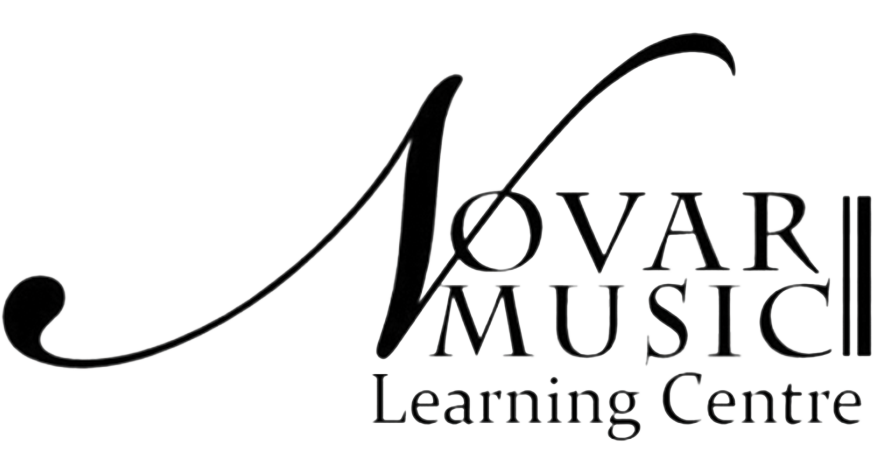Recently, a musician friend was commenting on a great new student they had, saying “It’s so much fun, it doesn’t feel like work! I would do it for free”. She was implying that she shouldn’t be paid for these lessons she was giving! But she is in the business of teaching!
Being paid is a part of teaching. It is a part of running a studio or any other business.
Let’s discuss the practicalities of running a studio, and ourselves (the teacher) as a business.
A good music business has certain basic features, things you should establish as “ground rules”. Here are some suggestions:
- Have a Plan. Start by answering some questions: what do I want to offer? To who? Where? How will I deliver this? Decisions you make for the rest of your business should be guided by the answers to these questions. There are some excellent resources developed for this. (Try http://www.business.gov.au/Howtoguides/Thinkingofstartingabusiness/Pages/HowdoIwriteabusinessplan.aspx for a basic starter guide.)
- Pricing Structure.
Develop a firm model of what you are going to charge. Stick to this. To inform your decision about what you charge, contact your local Music Teachers Association, look at your costs and time you have available. There is a whole post to write on pricing another time! - Develop a Studio Policy and Enrolment Form. These are the details that will communicate your plan in a practical sense to others such as students and parents. Stick to your policy. It has been created from your business plan and reflects what you are offering. In my studio, having the Studio Policy as a part of the Enrolment Form has been a very successful step in keeping everyone on the same page. In this policy, ensure you address your guidelines about make-up lessons and withdrawing from lessons. These are often sticky issues to deal with, so clarifying everything up-front avoids any unnecessary expectations.
- Develop a Communication Plan. This doesn’t have to be fancy. Just decide how you are going to communicate with your students and parents. Will you have a studio email address, mobile phone, website? Will you utilise Facebook or other social media channels? What about a Newsletter? Find what works for you and be consistent.
These are all basics to the sound running of a Music Studio. Over time, the policies and plans for my studio have evolved, but the most important step is putting your first plan together and getting started with the view of it being your BUSINESS, not just something you do because you love it!


